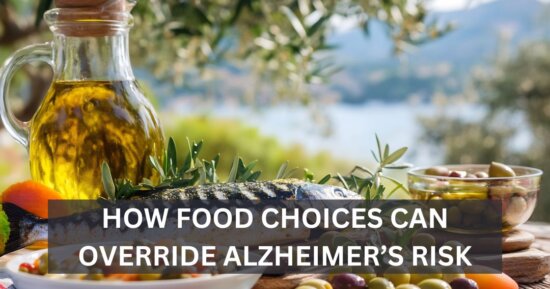Social Media – Can We Moderate Our Usage?
Thank you again for pre-ordering Brain Wash. Now, I’m happy to share with you some exclusive video content of material that didn’t make it into the final book. Hope you enjoy!
Hi, everyone, Dr. Perlmutter here.
I want to just flesh out a little bit more from the book BRAIN WASH about social media use. You know, we really covered that topic quite extensively, but there is more information that I think is really very valuable to investigate. I want to look at the notion of whether we’re able to be reasonable in terms of our use of social media.
Again, you know, the messaging of Brain Wash is not that we should distance ourselves completely from the use of technology. We were able to write the book because of and using technology! Social media has its place, but we recognize, that inappropriate usage of it, in this case social media, is detrimental.
There was a 2017 study that looked at how social media use is related to symptoms of depression. Importantly, it focused on how this is different in those who had addictive characteristics in their use of social media. To be clear, this type of user was described as having “problematic social media use.”
Now, as you look at the data, researchers found that problematic social media use was associated with a significant increase in the odds of depression and depressive symptoms. So a powerful correlation was found in this study, specifically problematic and its addictive features predicting problems with depression. This is a very interesting relationship.
Note that it wasn’t about social media use in general. Importantly, we can’t necessarily extrapolate these results to social media use in general. With this said, the increasingly potent methods in which social media technology are made more addictive may make it more likely that in the general population there is more, as they say, problematic use and therefore more depression.
So again, as we talked about in the book, as it relates to social media addiction and Internet use addiction, these are not necessarily binary distinctions. For example, in medicine, we know that one binary distinction is whether or not someone is pregnant. You’re pregnant or you’re not pregnant. But to say that you are or that you are not addicted to the use of to the Internet, for example, is a little bit more obscure.
Where do you literally draw the line? I think it’s more of an analog distinction. What we learn from this and other studies, and which we did present in the book, is that there does seem to be a correlation, a relationship, between social media use and depression. This is something to keep in mind as you evaluate your choice to spend time on social media, perhaps considering how you could instead dedicate a certain amount of time to catching up with friends, or at least use it intentionally or mindfully in a way you find enriching.
Thanks for listening.








